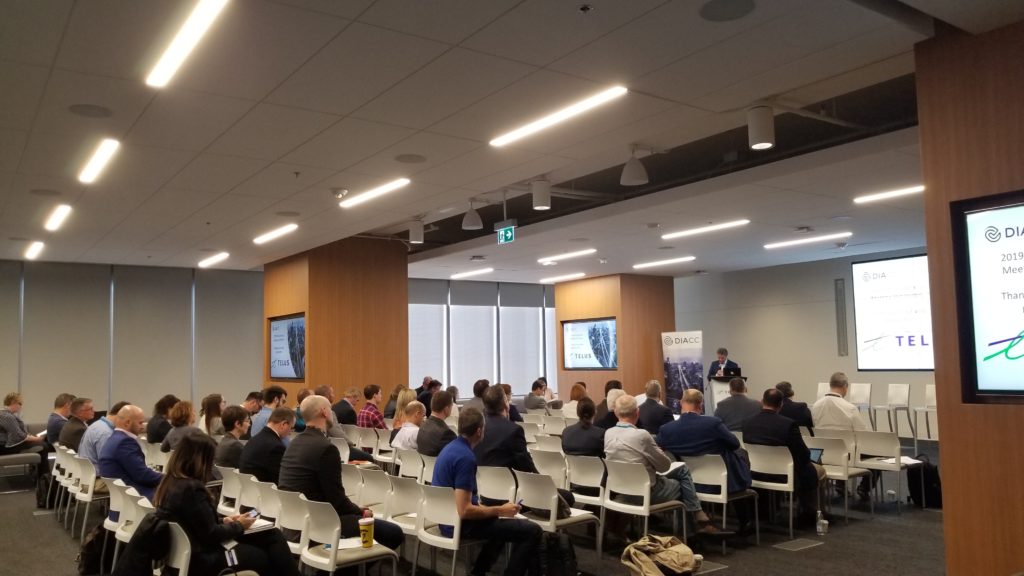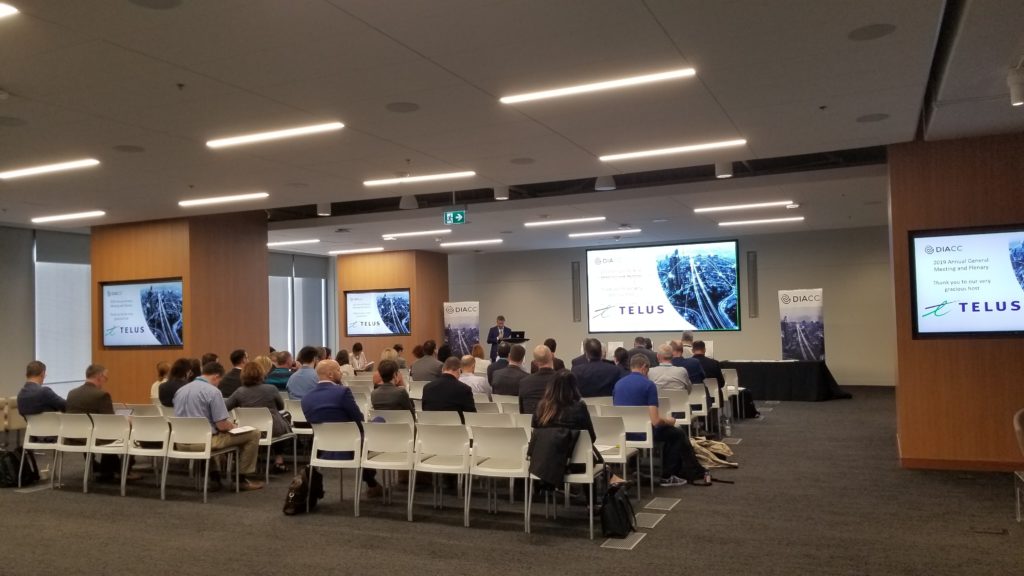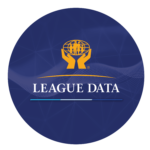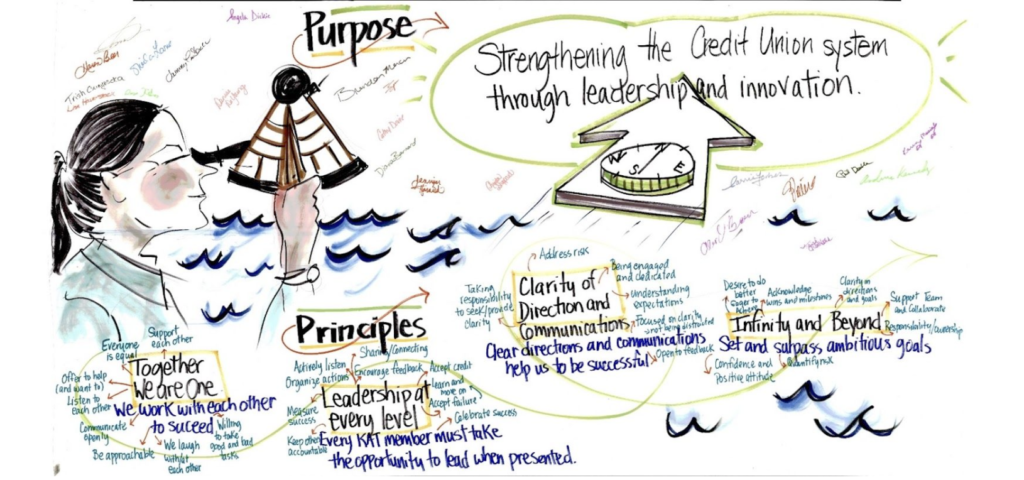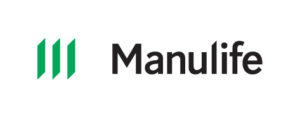In our most recent ‘Profiles in Identity Leadership’ video, Joni Brennan spoke with Patrick Cormier, Vice-President of Digital Transformation at Notarius, and Chair of DIACC’s Innovation Expert Committee (IEC). Established in April 2018, the IEC seeks to advance DIACC’s Innovation & Adoption Program, promoting digital identity innovation and adoption among DIACC members.

The clarity of the roles is what initially drew Patrick to become involved with the PCTF. The four roles in question include:
- Authoritative parties (people and organizations who are authoritative in confirming digital ID credentials)
- Relying parties
- Trusted ID digital processor (the organization in the middle)
- Subjects of identity
“Right from the start, the PCTF identified those four roles in a very clear manner. It then goes on to state something fundamental that underpins the PCTF, which is that those roles are not performed within a single organization.”
“It set the stage for the PCTF to be all about an ecosystem,” he said.
Patrick also counts DIACC’s early efforts to secure the support of privacy commissioners throughout Canada, and the fact that the public and private sectors are working together, as defining features of the PCTF.
Patrick spoke of the insights he has gained through working with other members, particularly during the committee’s process of one-on-one interviews with new members.
“I find that when people are new in a committee, they are often comfortable sharing in a one-on-one conversation,” he said. “What I discovered is that pretty much everyone had a deep commitment and desire to do something in digital ID, while at the same time being entirely not sure how.”
If you do not understand a concept related to the PCTF, you are not alone.
“Just the fact that we can openly share and expose what is not being understood, that feedback is useful to the TFEC [the Trust Framework Experts Committee] and DIACC, as it paints a picture of which areas need to be better understood about the PCTF,” he said.
“I would highly recommend joining DIACC because you will leverage years of efforts and come in with clear answers, such as ‘what are the processes for which you can establish a reliable identity?’”
– Patrick Cormier
Patrick encourages all interested parties to get involved.
“At this stage of the game, there are no assumptions that can hold. For any company that is interested in playing in the world of digital ID, pretty much anything that is within the scope of the PCTF, it’s a completely open playing field right now,” he said.
Patrick’s inquisitive nature drew him to run for Chair of the committee, and when his peers suggested that he take the position, he accepted the recommendation.
“I was asking a lot of questions,” he said. “I enjoyed that role because it is about defining a clear goal.”
Bringing clarity to the nature of the committee’s work is a large area of focus for the IEC. The committee supports innovation initiatives, which are defined as two members or more that want to collaborate to illustrate some part of the PCTF (such as Proofs of Concepts or Innovation Papers).
The committee also tackles innovation challenges. As they found that many people do not know how to ‘do digital ID’, “why wouldn’t the committee accept these challenges?” Patrick asked. “Our committee could reflect back a proposed rough architecture of using components that are available out there in a PCTF-compliant manner.”
“I used to be in the military for 20 years, and I learned that if someone has done it before, do not reinvent the wheel,” he said.
Moral of the story? There is safety, and power, in numbers.
“If you are an organization looking at digitally transforming in a manner that leverages digital identities efficiently and effectively, and you try to do it by yourself, you are looking at a massive investment,” he said. “You are also only at a partial solution, because identity is not owned centrally like in other countries, identity is dispersed in Canada.”
“I would highly recommend joining DIACC because you will leverage years of efforts and come in with clear answers, such as ‘what are the processes for which you can establish a reliable identity?’ These answers have been worked by an experts committee [the TFEC] and have coalesced and matured into the current version of the PCTF.”
